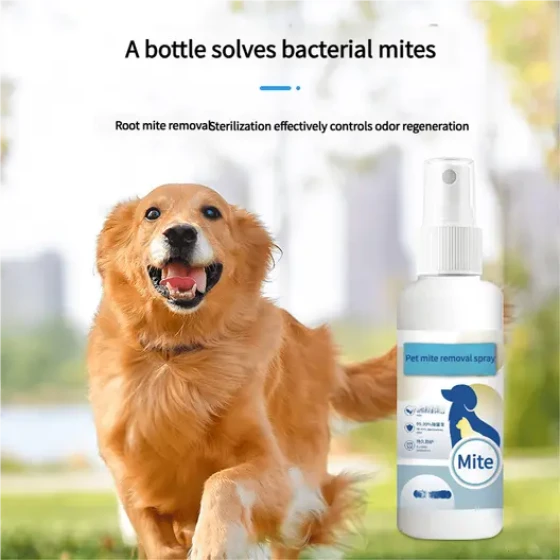How to do shoe agency?
The legal definition according to Article 63 of the General Principles of Civil Law stipulates that agency refers to a civil legal system in which the agent, in the name of the principal (also called the person), performs civil acts with third parties (also called the counterpart) within the scope of the agency authority, and the legal consequences are directly borne by the principal. Basic features of agency include the following characteristics: 1. An agency act is a civil legal act that can cause civil legal consequences.
2. The agent should generally act in the name of the principal. 3. The agent independently expresses intent within the scope of the authority. 4. The legal consequences of the agency act directly belong to the principal. Classification depends on different bases: First, ①Entrusted agency, also called contractual agency, where the agent acts according to authorization from the principal. ②Statutory agency, which is directly generated by legal provisions, mainly established to protect the legitimate rights and interests of persons without or with limited civil capacity, such as parents acting on behalf of minor children.
③Designated agency, where the agent acts according to designation by relevant authorities, such as in civil litigation where a party is incapacitated or with limited capacity without a statutory agent, or when statutory agents evade responsibility or have conflicts of interest, the court appoints another agent. The agent’s authority is designated, unrelated to the principal’s will, and requires no authorization.
Second, ①Primary agency ②Sub-agency. Sub-agency, also called proxy, refers to an agent transferring the agency to another person for the principal’s benefit. Conversely, direct agency refers to the agent personally performing the agency. Third, ①Named agency. Named agency means the agent must conduct agency acts explicitly in the principal's name. ②Unnamed agency. Unnamed agency means the agent acts not in his own name but with agency intent, and the counterpart knows or should know this, hence legally producing agency effects.
Litigation agent refers to a person who undertakes litigation acts within the authority in the name of the principal. Civil litigation agents have the following features: first, the civil agent acts on behalf of the litigant and is not the subject of the civil legal relationship in dispute, so the case outcome has no interests related to him. [1] Therefore, he does not participate in litigation in his own name but in the name of the principal; second, the purpose is to protect the interests of the principal, and litigation acts within the authority bear legal consequences by the principal; third, the agent can only represent one party in the same case, not both parties; fourth, the agent must have litigation capacity.
Difference from litigation representative: Both litigation agents and representatives act on behalf of others for certain litigation acts, but have fundamental differences: 1. Different interests related to the litigation object. Litigation agents are not parties, lacking common or identical interests in the litigation object, only acting as agents for litigation acts; litigation representatives are also parties who share common or identical interests with the represented party.
2. Different purposes of litigation acts. The agent’s acts are not to protect their own interests but to act in the principal’s name within authority according to law or entrustment; the representative’s acts aim to protect both their own and the represented's interests.
3. Different origins. Agents arise from law or client entrustment; representatives are elected by the same party or agreed upon by the court. Power of attorney and agency certificate: Conducting agency requires agency authority. The agency certificate proves the agent’s authority. In entrusted agency, the power of attorney serves as this certificate.
The power of attorney should state the agent's name, agency matters and authority, validity period, and entrustment date, signed or sealed by the principal. When law requires notarization or authentication, it must go through relevant authorities. In statutory agency, the agent’s ID serves as the certificate. In designated agency, the designation document (e.g., court order appointing litigation agent) serves as the certificate.
Unauthorized agency: Acting in another’s name without agency authority is unauthorized agency, meaning the actor lacks agency power but acts as an agent with a third party. Unauthorized agency has no legal effect by itself. Causes include unauthorized action, exceeding agency authority, expired authority, etc. If ratified by the principal, it retroactively validates the agency; if not ratified, the unauthorized agent bears legal consequences.
Damages from unauthorized acts without ratification are compensated by the unauthorized agent. Conditions for unauthorized agency: (1) The actor neither has authority nor facts or reasons causing belief of authority; (2) The actor performs civil acts in the principal’s name; (3) The third party must be bona fide and without fault; (4) The act is lawful; (5) Both actor and third party possess corresponding civil act capacity.
Types of agency generally include entrusted, statutory, and designated agency. In international trade, agency methods based on authorization size include: (1) Sole agency: exclusive right to distribute designated products in a certain region and period without selling similar products from other sources.
For transactions of the products in the stipulated region and period, unless otherwise agreed, agents earn commissions regardless of who completes the deal. (2) General agency, also called commission agency, where the principal may appoint multiple agents in the same region and period, paying commissions based on sales or agreed methods and rates.
This is commonly used in China’s export business. (3) General agency (General Agency) represents the principal fully in a region and period. Besides signing sales contracts and handling goods, it can conduct non-business activities, appoint sub-agents, and earn sub-agent commissions.
(4) Special sales agency: Some manufacturers and multinational trusts designate special agents abroad to sell technical industrial products or provide technical and maintenance services. For example, Mitsubishi, Toyota, and Nissan have special agency networks providing repair, parts, and technical consulting services.
This relieves buyers’ concerns about maintenance services. Company registration agency: 1. Agency for registering companies, branches, foreign-funded, and overseas companies. 2. Agency for tax declarations, enterprise tax inspections, and clearing various taxes. 3. Agency for overall enterprise tax planning, investment project tax assessment, and production of tax documents. 4. Agency for company business and tax changes and cancellation. 5. Agency for enterprise income tax settlement audits, approval procedures, additional deductions, helping legal tax avoidance. 6. Agency for general taxpayer identification. 7. Agency for patents, software production, exclusive licensing, intellectual property applications. Agency in civil law means the agent acts in the principal’s name within authority for civil acts with third parties causing direct rights and obligations to the principal.
For example, if A entrusts B to buy certain goods, B contracts with C in A’s name, and contract rights and obligations belong to A. Here, A is the principal, B the agent, and C the third party (counterpart). Agency in commercial law means the agent acts based on a contract with the principal within defined business scope, extent, and time.
Common commercial agencies include project agency and product agency.



